In a significant crackdown on cyber-enabled extortion, the Greater Noida police announced on May 20, 2025, the arrest of four individuals aged between 20 and 23 for allegedly exploiting users of the gay-dating app Grindr to extort money. This marks the second such gang apprehended in the region within five months, highlighting a disturbing trend of targeting vulnerable individuals through online platforms. The arrests shed light on a broader issue of societal stigma and its exploitation by criminals, as well as the challenges law enforcement faces in addressing such crimes. This article delves into the details of the case, explores the modus operandi of the gang, examines the societal and technological factors at play, and discusses the broader implications for online safety and victim support.
Details of the Arrests
The Greater Noida police identified the four arrested individuals as Daksh (alias Captain), Bhupendra (alias Bhuppi), Honey, and Jai Raghav. According to Additional Deputy Commissioner of Police (ADCP) Sudhir Kumar, three of the accused—Daksh, Bhupendra, and Honey—are residents of Dadri, while Jai Raghav hails from Bulandshahr. The arrests were made following an investigation into complaints of extortion targeting users of Grindr, a popular geosocial networking app primarily used by gay, bisexual, and transgender individuals.
The gang had been operating for approximately one year, during which they are believed to have duped between 20 and 25 victims. Their method was calculated and predatory: the accused created fake profiles on Grindr to lure victims into meeting in person. Once the victims arrived at the agreed-upon location, the gang would intimidate and threaten them, exploiting their fear of social stigma to extort money.
“During interrogation, they told us that they worked as a gang, created profiles on the dating app, and connected with the victims, whom they convinced to meet. When the victims would come to meet, the accused used to threaten them and extort money,” said ADCP Sudhir Kumar.
The police revealed that the gang capitalized on the reluctance of victims to report such incidents due to societal pressures, a factor that allowed their criminal activities to continue unchecked for an extended period.
Modus Operandi: Exploiting Vulnerability
Fake Profiles and Entrapment
The gang’s strategy relied heavily on the anonymity and accessibility provided by Grindr. By creating fake profiles, they posed as potential romantic or social connections to gain the trust of their targets. Grindr, like many dating apps, allows users to create profiles with minimal verification, which can be exploited by malicious actors. The accused would engage victims in conversations, often building rapport over days or weeks, before suggesting an in-person meeting.
Once the victim arrived at the designated location—often a secluded or semi-public area—the gang would reveal their true intentions. They would threaten to expose the victim’s sexual orientation or their use of the app to family, friends, or employers unless a ransom was paid. In some cases, physical intimidation was also employed to ensure compliance.
Societal Stigma as a Weapon
The success of the gang’s scheme hinged on the societal stigma surrounding non-heteronormative identities in India. Despite the decriminalization of homosexuality under Section 377 of the Indian Penal Code in 2018, many members of the LGBTQ+ community continue to face discrimination, ostracism, and violence. This stigma creates a climate of fear, particularly for individuals who are not openly out, making them prime targets for extortion.
“The problem is that the victims have societal fear. So, they do not come forward to report such incidents, and the accused get away. These people took advantage of the people not reporting the incident,” ADCP Kumar noted.
The reluctance of victims to report such crimes is a significant barrier to justice. Many fear that coming forward could lead to public shaming, loss of employment, or familial rejection. This silence empowers perpetrators, who operate with a sense of impunity, knowing that their victims are unlikely to seek help.
A Repeat Offense: The January Arrests
This recent bust is not an isolated incident. In January 2025, the Greater Noida police arrested another group of four men who employed a similar modus operandi, using Grindr to trap and extort victims. The recurrence of such crimes within a short timeframe raises questions about the persistence of these schemes and the challenges in preventing them.
The earlier gang also targeted Grindr users, exploiting the same vulnerabilities—both technological and societal—that the latest group did. The fact that two such gangs operated in the same region within five months suggests that these crimes may be part of a broader trend. It also underscores the need for proactive measures to protect vulnerable communities and address the root causes of such exploitation.
Societal Context: The Plight of the LGBTQ+ Community in India
Post-Section 377 Challenges
The decriminalization of homosexuality in 2018 was a landmark victory for India’s LGBTQ+ community, but it did not eradicate deeply entrenched societal prejudices. Many individuals still face significant barriers to living openly, including discrimination in workplaces, schools, and communities. This environment of stigma and fear is precisely what criminals exploit in cases like the Noida extortion rackets.
Research conducted by organizations like the Humsafar Trust and Naz Foundation highlights the ongoing challenges faced by the LGBTQ+ community in India. Surveys indicate that a significant percentage of queer individuals experience harassment or violence due to their sexual orientation or gender identity. For instance, a 2020 study by the Humsafar Trust found that 60% of LGBTQ+ individuals in urban India reported experiencing some form of discrimination, with many citing fear of exposure as a major concern.
The Role of Dating Apps
Dating apps like Grindr have become vital spaces for the LGBTQ+ community, particularly in regions where open socializing is limited. These platforms offer a degree of anonymity and safety, allowing users to connect with others without fear of immediate exposure. However, the same anonymity that protects users can also be exploited by bad actors.
Grindr has faced criticism in the past for its security measures, with reports of fake profiles and scams being a recurring issue. While the app has implemented features like profile verification and safety guidelines, these measures are not foolproof. The Noida cases highlight the need for dating apps to strengthen their security protocols and work closely with law enforcement to prevent such abuses.
Technological Vulnerabilities and Online Safety
The Dark Side of Geosocial Apps
Geosocial apps like Grindr rely on location-based technology to connect users in close proximity. While this feature enhances the app’s functionality, it also creates vulnerabilities. Criminals can use location data to pinpoint victims, making it easier to orchestrate in-person scams. Additionally, the lack of robust identity verification on many platforms allows perpetrators to operate anonymously.
Experts in cybersecurity suggest that dating apps should implement stricter verification processes, such as linking profiles to verified phone numbers or government-issued IDs. However, such measures must balance security with user privacy, as excessive data collection could deter users, particularly in communities where discretion is paramount.
Broader Implications for Online Safety
The Noida extortion cases are part of a larger pattern of cyber-enabled crimes targeting vulnerable populations. Similar scams have been reported globally, with criminals exploiting dating apps, social media, and other online platforms to extort money or personal information. A 2023 report by the Cybercrime Analysis Unit of INTERPOL noted a rise in extortion schemes targeting LGBTQ+ individuals, particularly in regions with conservative social attitudes.
Addressing these issues requires a multi-faceted approach, including improved app security, public awareness campaigns, and stronger legal frameworks to protect victims and prosecute offenders. Collaboration between tech companies, law enforcement, and community organizations is essential to create safer online environments.
Challenges for Law Enforcement
Underreporting and Investigation Hurdles
One of the biggest challenges in combating crimes like those in Noida is underreporting. Victims’ fear of societal backlash often prevents them from coming forward, leaving law enforcement with limited information to act upon. Even when cases are reported, gathering evidence can be difficult, as much of the crime occurs in digital spaces that are hard to monitor.
The Greater Noida police have emphasized the importance of encouraging victims to report such incidents. However, building trust with marginalized communities requires sensitivity and outreach. Training law enforcement officers to handle cases involving LGBTQ+ individuals with empathy and discretion is critical to overcoming these barriers.
Preventive Measures and Community Outreach
To prevent future incidents, law enforcement agencies could partner with LGBTQ+ organizations to conduct awareness campaigns about online safety. These campaigns could educate users about red flags, such as suspicious profiles or requests to meet in isolated locations. Additionally, creating safe channels for reporting crimes—such as anonymous tip lines—could encourage more victims to come forward.
The Path Forward: Protecting Vulnerable Communities
Strengthening App Security
Dating apps must take responsibility for ensuring user safety. This could include implementing AI-driven tools to detect suspicious profiles, offering in-app reporting mechanisms, and providing clear safety guidelines. Grindr, for instance, has a dedicated safety resource page, but more proactive measures—such as real-time monitoring of suspicious activity—could further protect users.
Empowering Victims
Empowering victims to report crimes without fear of repercussions is crucial. This could involve establishing dedicated support systems, such as helplines staffed by trained counselors who understand the unique challenges faced by the LGBTQ+ community. Legal aid programs could also assist victims in navigating the justice system.
Addressing Societal Stigma
Ultimately, the root cause of these crimes lies in societal attitudes toward the LGBTQ+ community. Public education campaigns, media representation, and policy reforms are essential to fostering acceptance and reducing stigma. By creating a more inclusive society, the leverage that criminals hold over their victims—fear of exposure—can be diminished.
Conclusion
The arrest of the four-member gang in Noida on May 20, 2025, is a step toward addressing a troubling trend of extortion targeting Grindr users. However, it also highlights the broader challenges of protecting vulnerable communities in the digital age. By addressing technological vulnerabilities, encouraging victim reporting, and tackling societal stigma, authorities and tech companies can work together to prevent such crimes. The path forward requires a concerted effort to create safer online spaces and a more inclusive society, ensuring that no one is exploited for their identity or silenced by fear.
This article was originally published on May 20, 2025, at 05:19 AM by The Indian Express.



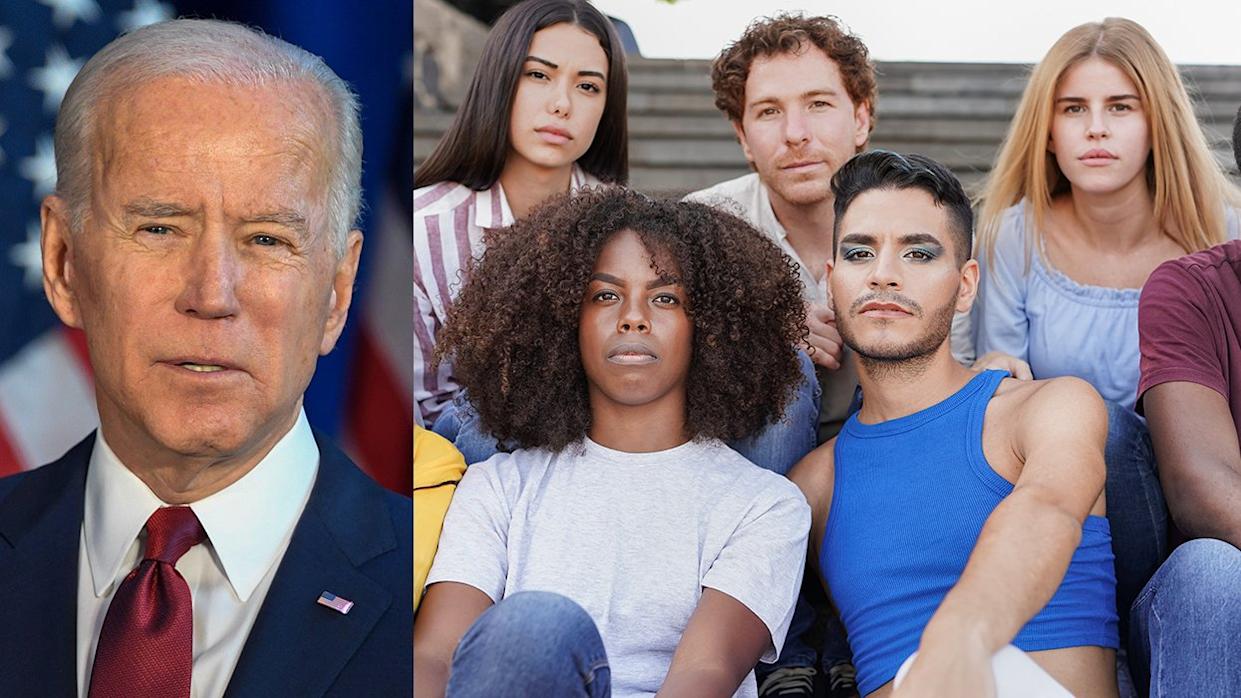





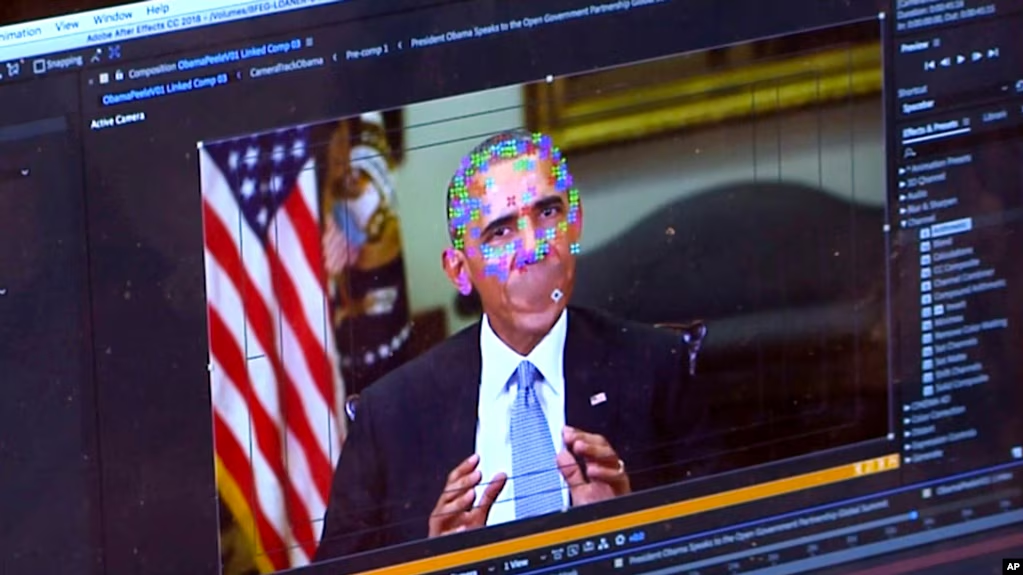



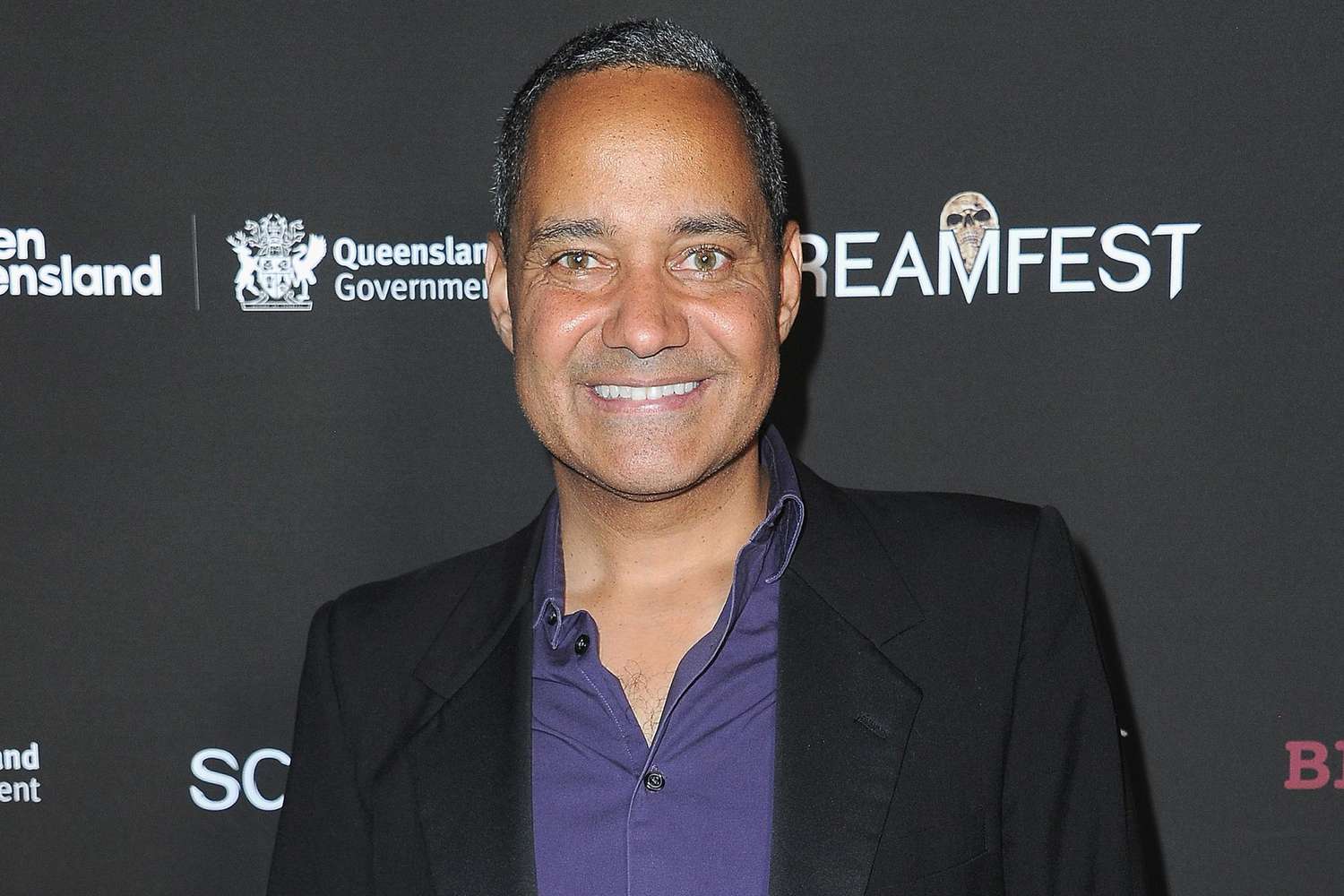
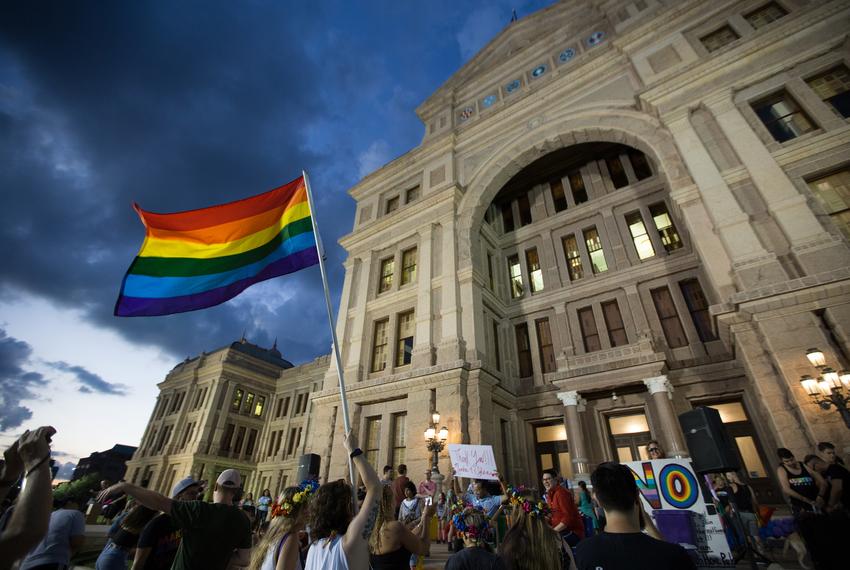








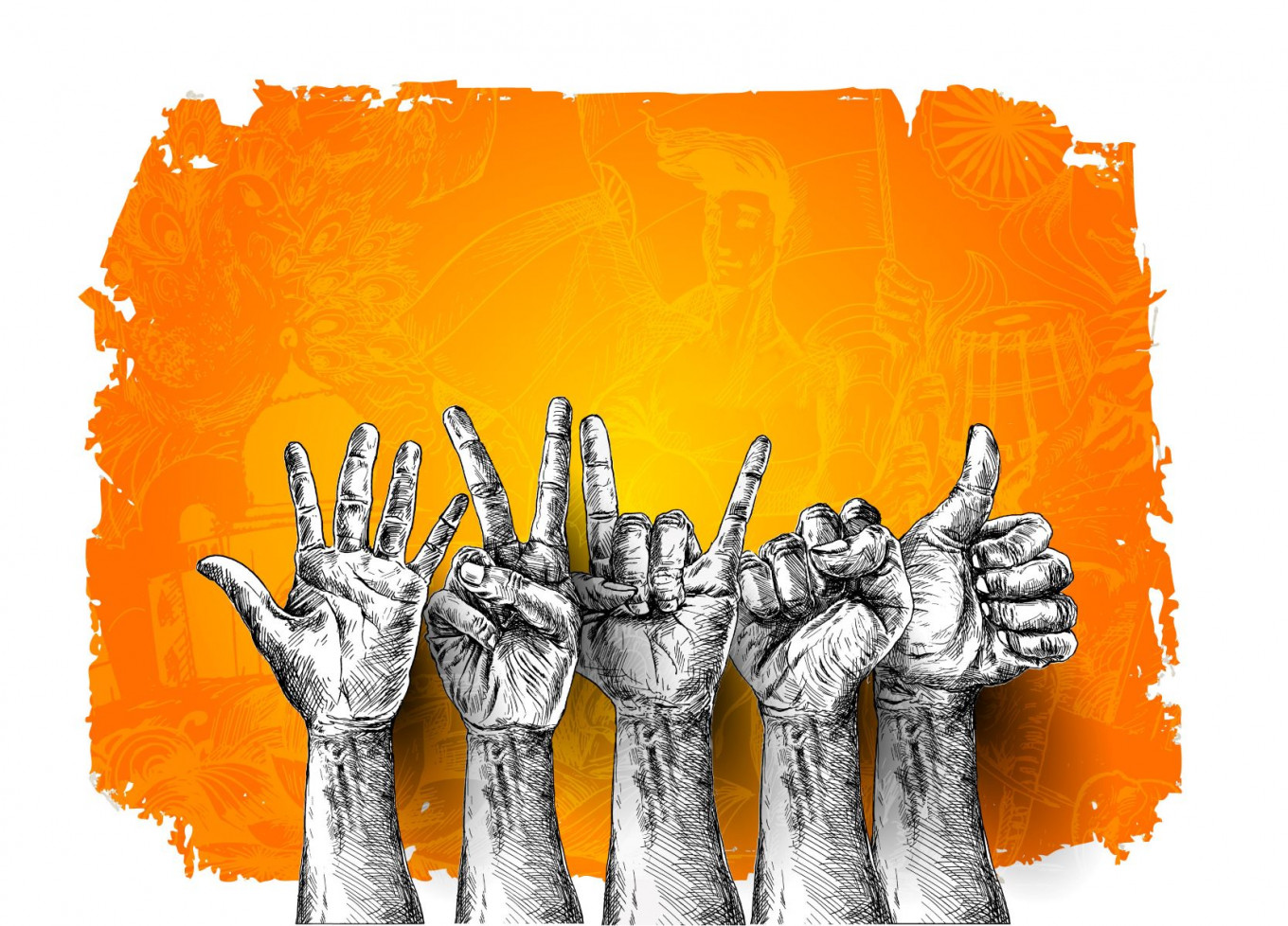

0 Comments